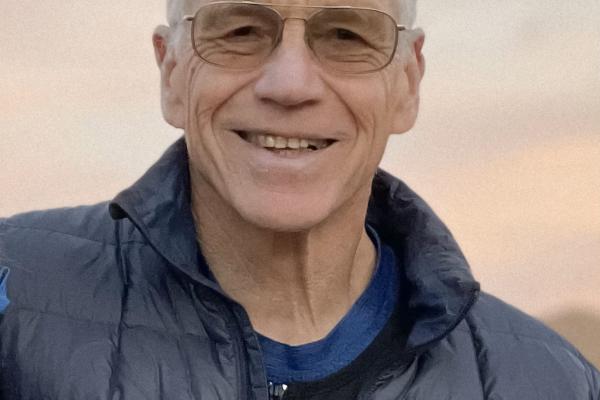
Mon, October 23, 2023
4:15 pm - 5:15 pm
Hitchcock Hall 035
Title: Lecture 1: The Geometry of the Bing Involution
Speaker: Michael Freedman
Abstract: Bing’s 1952 “wild” involution on the 3-sphere inaugurated a revolution in the topological category. Mike Starbird and I have been studying this involution on and off for 40 years to determine “how wild” it really is. We show that in any set of coordinates the involution must have at least a weakly exponential relationship between epsilon and delta. In particular, the involution cannot be made, Lipschitz, Holder, or quasi-conformal. Generalizations will be discussed.
